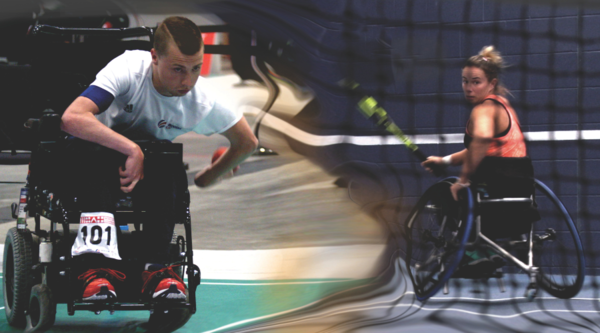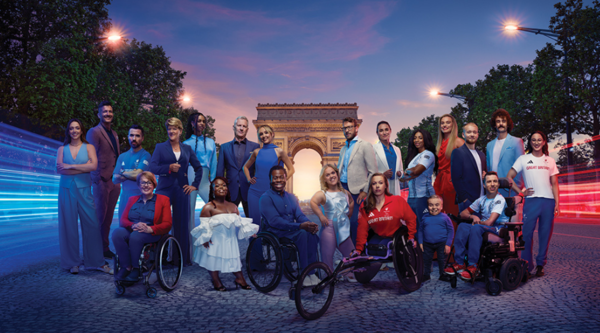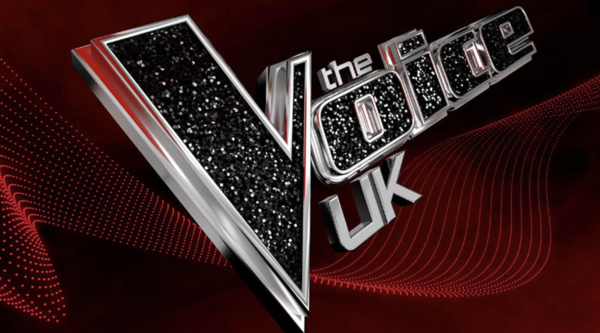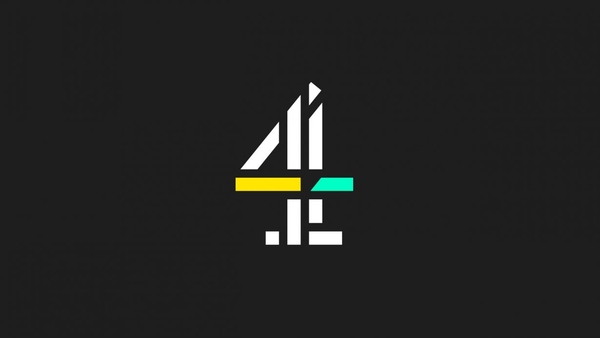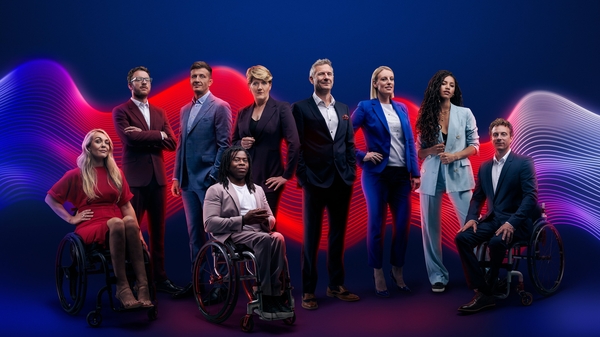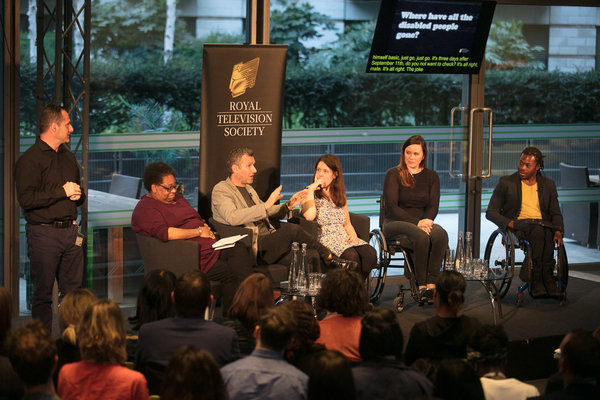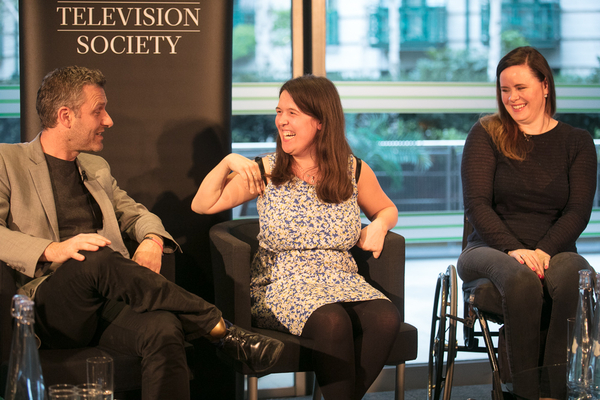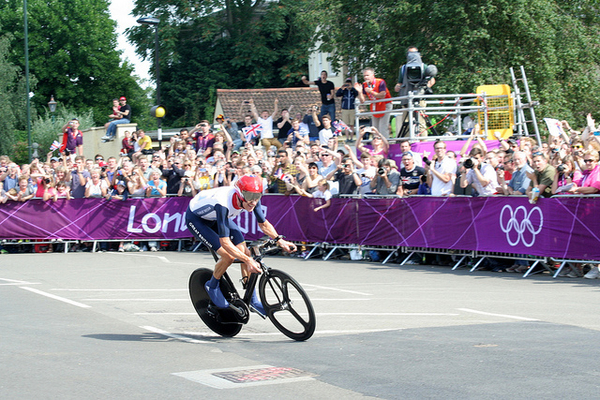Documentary goes behind the Paralympics
The film, made by Stephanie Farmer and Kerstin Stutterheim over two years, explores the athletes’ relationship with sport, attitudes to disability and the importance of media coverage.
The screening was followed by a Q&A with Farmer, Stutterheim, Shuker, Smith and Lewis Coombes, BBC South Today Sports Editor, who reported on the Paris games.

